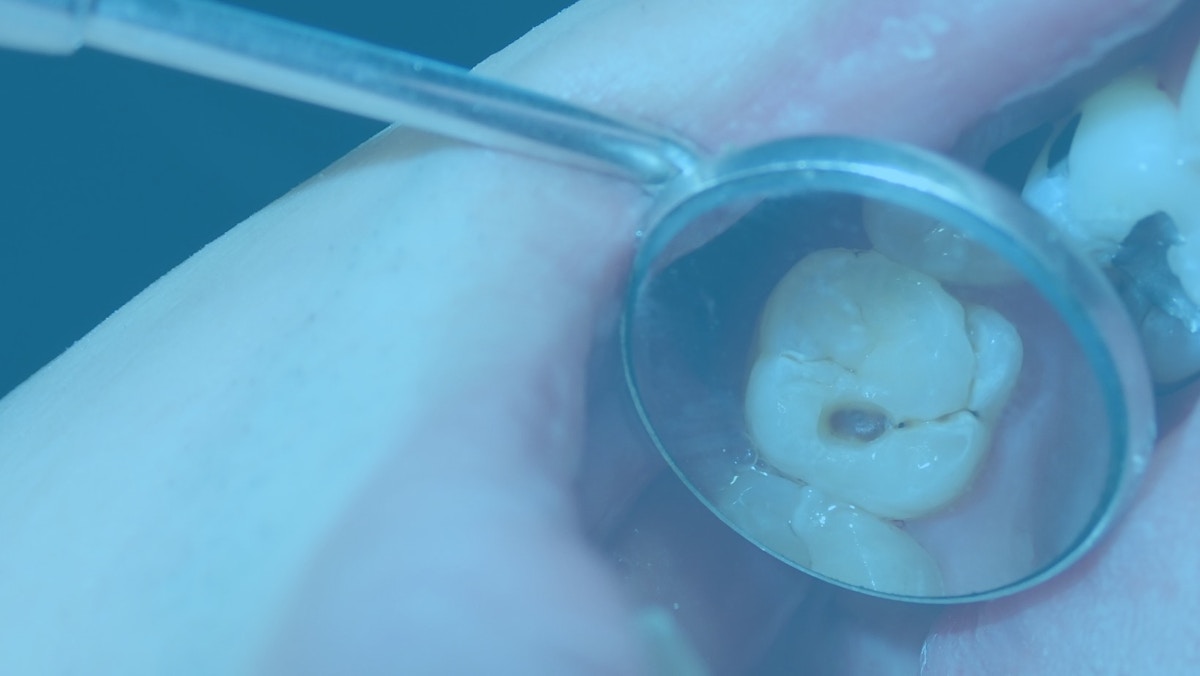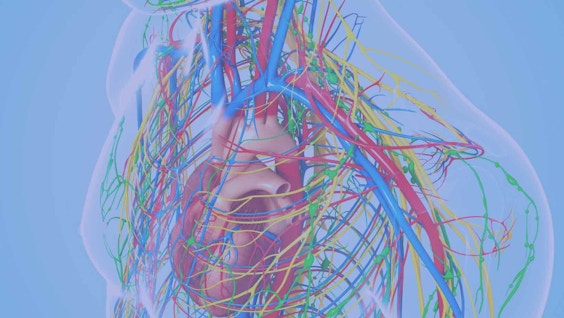I Am Sober is a free app that helps you get some control back in your life.

Meth Mouth: How Meth Addiction Affects Your Oral Health
Last Updated: Fri, January 19, 2024Methamphetamine, also simply known as meth, is a strong stimulant that’s highly addictive. Its use can cause serious health issues such as meth mouth.
But how does meth addiction affect your oral health? Can you treat it?
In this article, we will talk about meth mouth, its symptoms, and treatment. We will also talk about how you can recover from meth addiction, which causes meth mouth.
What Is Meth Mouth?
Meth mouth describes the visible effects of oral disease to a methamphetamine user. It happens due to rampant tooth decay.
Users of methamphetamine may have blackened, stained, broken, or rotting teeth due to excessive drug use.
When someone becomes addicted to meth or methamphetamines, tooth decay and poor dental health typically occur.
Due to this, meth mouth became a dentist’s worst nightmare. The condition is a result of a combination of acidic tooth decay along with drug-induced physical changes caused by the use of meth. Oftentimes, it’s one of the most apparent physical changes that occur to someone abusing meth.
Symptoms of Meth Mouth
Meth mouth’s severity varies from person to person. Other people addicted to meth may lose several teeth from decay and gum disease. However, other meth users may only suffer from a few cavities.
Meth mouth symptoms include:
1. Gum Disease
To stay healthy, the teeth and gums need blood. Blood vessels that supply blood to oral tissues can shrink in size due to methamphetamines. The tissues can also break down due to reduced blood flow. Over time, the tissue will become necrotic if the blood flow cannot recover.
Due to this process, those who have meth mouth suffer from gum disease.
In addition, methamphetamine users usually don’t get regular dental treatment. Lack of care for oral health also contributes to gum disease.
2. Tooth Decay
While meth users are high they get dry mouth. As a result, they usually crave beverages high in sugar.
Some bacteria can feed on sugars present in the mouth. These bacteria can secrete acid. The secretion of acid can then lead to serious tooth damage.
Usually, meth users will experience tooth decay starting at the gum line. Eventually, it will spread throughout the tooth. Most of the time, the front teeth get destroyed first.

3. Cravings for Sugary Food and Drinks
The buzz caused by meth lasts for approximately 12 hours. During this buzz, the meth user craves high-calorie, sugary food and drinks like candy and soda.
However, consuming these food items won’t replace a complete, nutritious meal. Thus, these cravings can also lead to malnutrition.
How Meth Damages Your Mouth
The use of methamphetamine damages one’s dental health in different ways:
-
Bruxism: Methamphetamine can lead to bruxism. It’s a condition where people clench and/or grind their teeth.
-
Drug Additives: The acidic contents of methamphetamine also damage the teeth. These additives can include battery acid, antifreeze, hydrochloric acid, drain cleaner, lye, and other over-the-counter cold medications that contain ephedrine
-
Lack of Dental Hygiene: The effects of meth can last for up to 12 hours. During the peak of the effects, users do not practice dental hygiene. This can result in sugary substances lingering on their teeth for longer periods of time.
-
Poor Diet: Oftentimes, people under the influence of meth and those undergoing withdrawal experience cravings for sugary foods and carbonated beverages. These types of food are bad for the health.
-
Dry Mouth: The use of stimulants like meth can lead to xerostomia or dry mouth. This condition reduces protective saliva around the teeth.
Can Meth Mouth Be Treated?
Even with a practice of good dental hygiene, it will be difficult to prevent the dental damage caused by the use of meth. Although less serious cases of tooth decay can be treated, they can't be reversed.
Additionally, methamphetamine use can cause decay where the teeth can’t be saved anymore. As a result, the teeth must be pulled.
There’s not much a dentist can do for someone with a meth mouth. Typically, tooth extraction is considered a treatment rather than a reversal of the oral disease.
At the end of the day, treating the addiction is the best treatment for someone with oral disease caused by meth use.
Recovering From Meth Addiction
Meth addiction recovery can be difficult. However, it’s possible. Even if no specific medicine completely treats meth withdrawal, a lot of medications make the recovery journey more comfortable.
In addition, methods such as tapering meth use, medical detox, the right support system, and therapy can help alleviate some effects of the withdrawal.
Typically, recovery from meth addiction involves two processes. The first phase involves detoxing. It involves getting through the initial symptoms of withdrawal.
Addiction recovery centers can help someone stay comfortable throughout the withdrawal process. They can also help ensure that patients don't give up on recovery.
The second stage involves making long-term steps to sobriety and maintaining it. This phase can involve participating in therapy. Therapy can help you understand the root of the addiction. It can also help you create a plan to avoid future use of meth.
Conclusion
Recovering from meth addiction can be a difficult journey especially when you face it alone. However, undergoing the recovery process doesn’t have to be that difficult. Ample resources such as sobriety apps, therapists, and recovery centers are available to those who seek help and treatment.
I Am Sober is a free app that helps you get some control back in your life.




